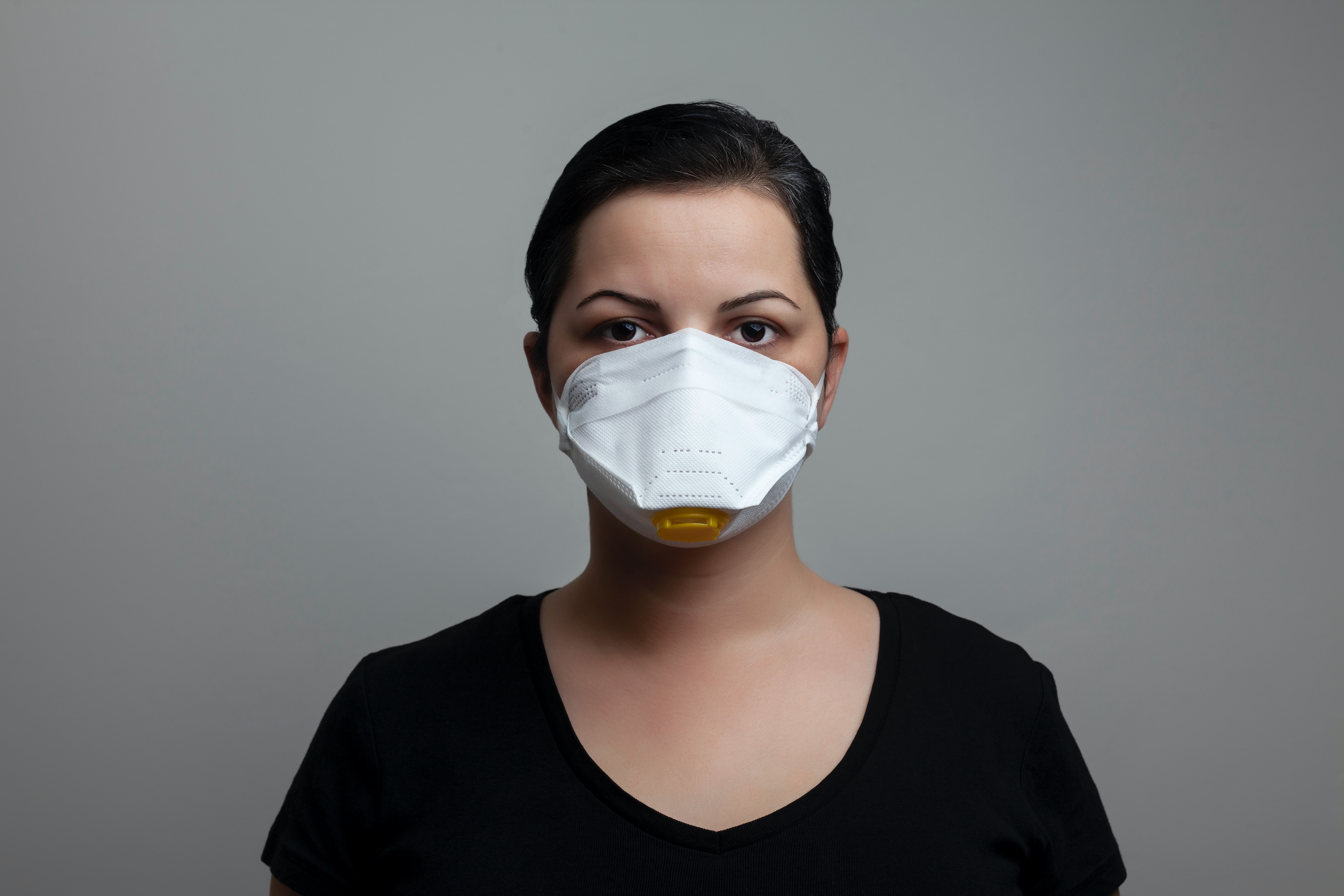Media release
From:
Are certain patient characteristics linked with long-term health effects of COVID-19?
A recent analysis in the Journal of Internal Medicine has identified several characteristics associated with a higher likelihood of receiving a post COVID-19 condition diagnosis.
In the study of 204,805 individuals who tested positive for Sars-CoV-2 in Stockholm, Sweden from March 2020 through July 2021, the proportion receiving a post COVID-19 condition diagnosis was 1% among individuals not hospitalized for their COVID-19 infection, 6% among hospitalized, and 32% among individuals treated in intensive care units (ICUs). Female sex, previous mental health disorders, and asthma were associated with post COVID-19 condition among non-hospitalized and hospitalized individuals. Among individuals with post COVID-19 condition, use of outpatient care was substantially elevated up to one year after the acute infection.
“In this study, we observed a marked difference in the occurrence of post COVID-19 condition diagnosis across different severities of the acute infection,” said corresponding author Pontus Hedberg, MD and postdoctoral researcher at Karolinska Institutet. “Furthermore, the elevated outpatient primary and specialist care use indicates poor recovery for individuals suffering from post COVID-19 condition, highlighting the urgent need to better understand this condition and its potential resolution over time.”



 International
International



